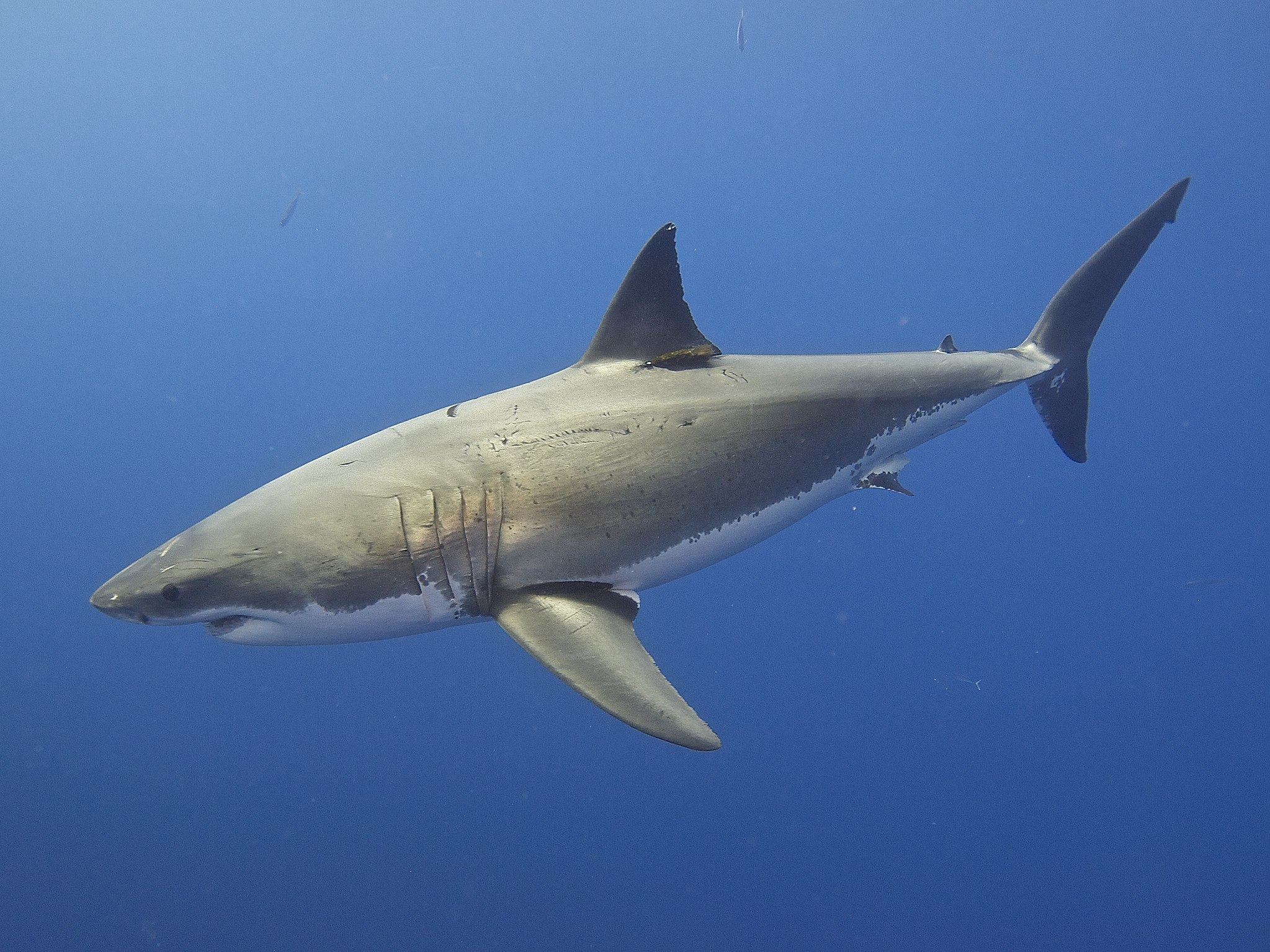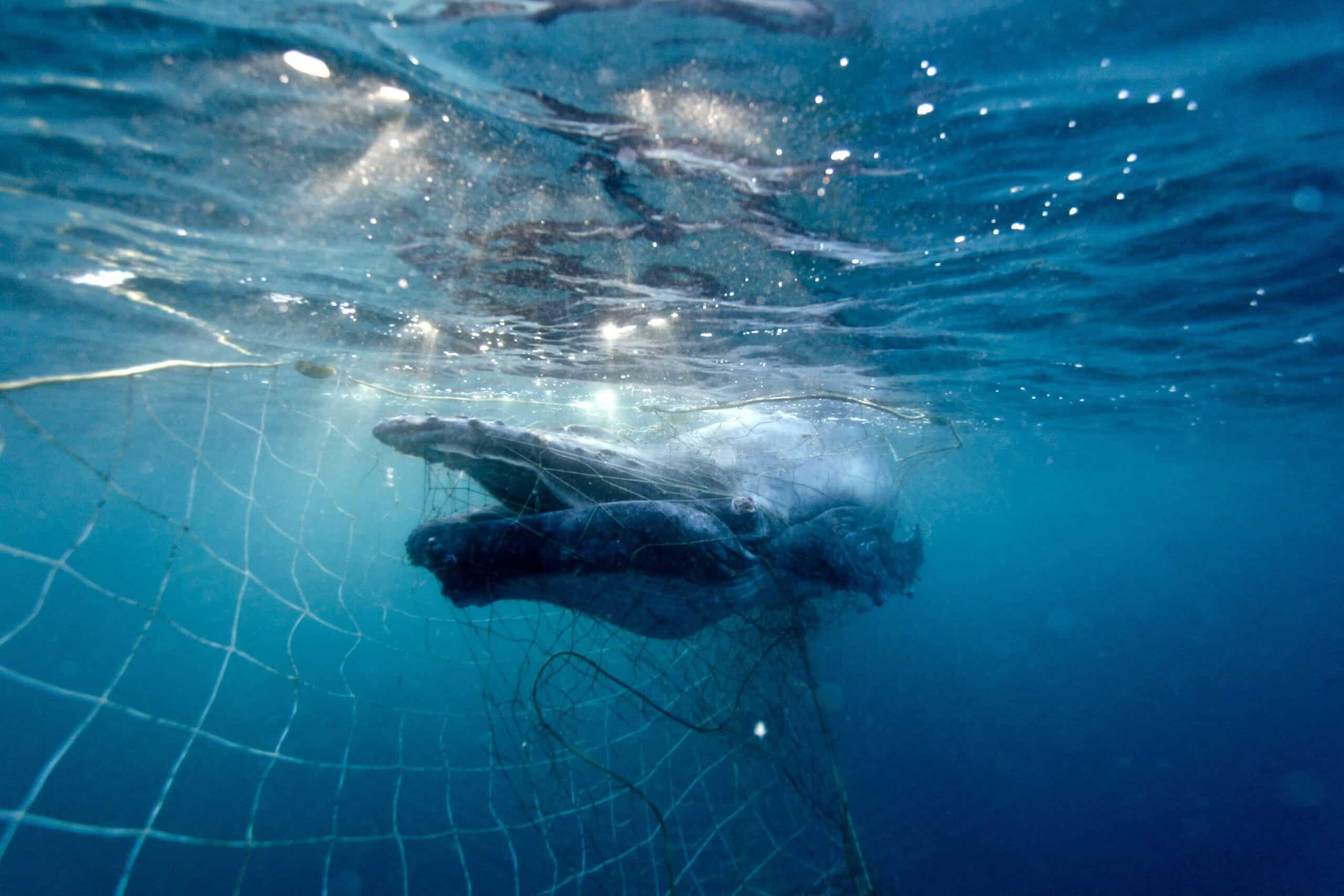Research shows that Australia’s great white sharks are highly related to each other and may consist of fewer than 500 breeding animals. SYDNEY, 24 June 2025: Latest research has found Australia’s great white shark population is much smaller than expected, increasing their vulnerability to further population threats. The population...
Some of the world’s poorest countries are home to many thousands of families whose lives rely heavily on working animals to help keep them from extreme poverty. The role of working horses, donkeys and mules is a crucial one, because without them many livelihoods would simply be lost in their entirety. The welfare of these working animals is therefore not only of crucial importance to their own survival, but also for the survival of their owners. Many of these families live in areas that have been cruelly struck by disaster or war, and each and every day is a living struggle.

Over 100 million animals support the livelihoods of those living in the poorest communities.
Often working animals support entire communities, and their role is so important that in many cases it represents the main income source. In these developing countries the funds earned by the animals can help to pay for family healthcare, or school fees to educate future generations. Working animals play a pivotal role in eliminating extreme poverty.
Over 100 million donkeys, horses and mules work across the world, taking on many roles, replacing trucks, tractors, and taxis, supporting the livelihoods of those living in the poorest communities. According to Professor Alan Guthrie, director of the University of Pretoria’s Equine Research Centre in South Africa, there are around 42 million donkeys, and about 13 million live in Africa alone. About 75% of those are in the sub-Saharan region, which includes Ethiopia.
Even though the number of working animals is falling, according to the U.N.’s Food and Agriculture Organization (FAO) report in 2011, in many parts of Africa the number of working horses and donkeys is in fact increasing. West Africa in particular is seeing this trend, so it seems that working equids will not be going away any time soon.
Working conditions for these animals can be treacherous – they often endure painful harnesses, untreated wounds, malnutrition, rough terrain and searing heat. But a life of work for these devoted creatures should not equate to a life of suffering.

SPANA Mali vet program
Fortunately there is hope for these devoted beings – some rescue organisations have recognised their needs, and have stepped in to help them in many ways. HSI’s long term partner SPANA (Society for the Protection of Animals Abroad) is the leading charity for the world’s working animals. Founded in 1923, they have a network of hospitals and mobile clinics in several countries providing the much needed lifeline for hundreds of thousands of sick and injured animals every year. With funding from HSI they have established a vet outreach program in Mali, one of Africa’s poorest countries, and the results have been staggering.

SPANA Mali vet program
Not only do they offer direct care to working animals, they are also building a better future for these animals through the education of children, training owners, and developing the skills of the veterinary professionals in the region. Dr Amadou Doumbia, SPANA Mali Director for 18 years, said his role is exciting, and that through providing free veterinary care, training and education they have seen enormous change.

The rubbish dump donkeys of Mali spend their lives dragging rubbish carts in the sweltering heat.
SPANA’s latest focus is on the donkeys working in Mali’s capital, Bamako, who spend their short, painful lives on the rubbish dumps dragging rubbish carts in the sweltering heat. With funding provided by HSI their team is on the ground treating wounds and alleviating their discomfort with new harnesses, and offering training to owners on how to provide adequate care. Shelter, food and water, as well as essential tetanus vaccinations make their lives less unbearable.
There is still plenty more to be done, but no task is too large when there is enough public support for organisations like SPANA. Amadou said, “I’ve seen the difference we can make. Every day I see animals free of pain and suffering because of our work, so I’m thankful for what we have achieved and optimistic about what we can do in the future.”


